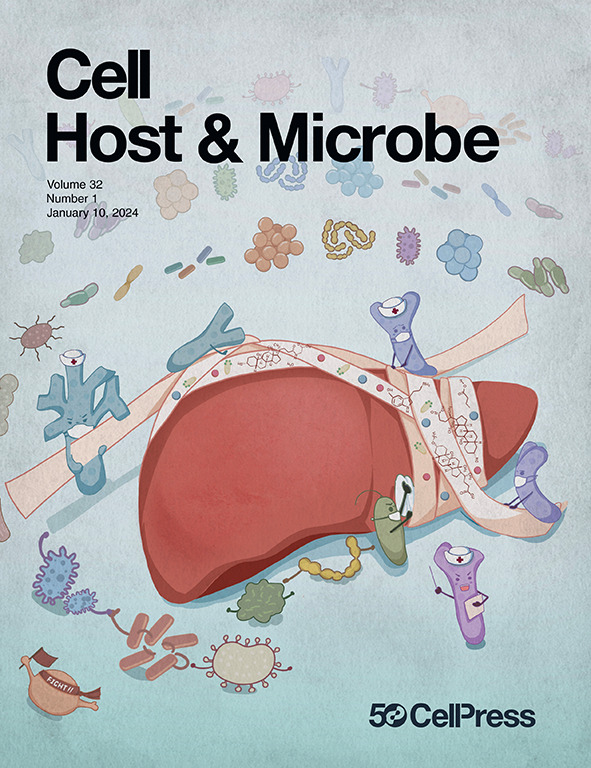Host-microbe interaction paradigms in acute and recurrent vulvovaginal candidiasis
IF 20.6
1区 医学
Q1 MICROBIOLOGY
引用次数: 0
Abstract
Candida spp. are members of the human mucosal microbiota that can cause opportunistic diseases ranging from superficial infections to life-threatening invasive candidiasis. In humans, the most common infection caused by Candida spp. is vulvovaginal candidiasis (VVC), which affects >70% of women at least once in their lifetime. Of those women, ∼5%–10% develop recurrent VVC (RVVC). In this review, we summarize our current understanding of the host and fungal factors that contribute to susceptibility to VVC and RVVC. We synthesize key findings that support the notion that disease symptoms are driven by neutrophil-associated dysfunction and immunopathology and describe how antifungal immune mechanisms in the vagina are distinct from other mucosal barrier sites. Finally, we highlight key, unanswered research areas within the field that can help us better understand the immunopathogenesis of this infection and facilitate the development of novel preventive, therapeutic, and/or vaccination strategies to combat these common, poorly understood diseases.急性和复发性外阴阴道念珠菌病的宿主-微生物相互作用范例
念珠菌属是人类粘膜微生物群中的一员,可引起从浅表感染到危及生命的侵袭性念珠菌病等各种机会性疾病。在人类中,念珠菌属引起的最常见感染是外阴阴道念珠菌病(VVC),70%的女性一生中至少会感染一次。在这些妇女中,有 5%-10%会反复感染外阴阴道念珠菌病(RVVC)。在这篇综述中,我们总结了目前对导致 VVC 和 RVVC 易感性的宿主和真菌因素的认识。我们综述了支持疾病症状由中性粒细胞相关功能障碍和免疫病理驱动这一观点的主要发现,并描述了阴道中的抗真菌免疫机制与其他粘膜屏障部位的不同之处。最后,我们强调了该领域中尚未解决的关键研究领域,这些领域可以帮助我们更好地了解这种感染的免疫发病机制,并促进新型预防、治疗和/或疫苗接种策略的开发,以防治这些常见的、鲜为人知的疾病。
本文章由计算机程序翻译,如有差异,请以英文原文为准。
求助全文
约1分钟内获得全文
求助全文
来源期刊

Cell host & microbe
生物-微生物学
CiteScore
45.10
自引率
1.70%
发文量
201
审稿时长
4-8 weeks
期刊介绍:
Cell Host & Microbe is a scientific journal that was launched in March 2007. The journal aims to provide a platform for scientists to exchange ideas and concepts related to the study of microbes and their interaction with host organisms at a molecular, cellular, and immune level. It publishes novel findings on a wide range of microorganisms including bacteria, fungi, parasites, and viruses. The journal focuses on the interface between the microbe and its host, whether the host is a vertebrate, invertebrate, or plant, and whether the microbe is pathogenic, non-pathogenic, or commensal. The integrated study of microbes and their interactions with each other, their host, and the cellular environment they inhabit is a unifying theme of the journal. The published work in Cell Host & Microbe is expected to be of exceptional significance within its field and also of interest to researchers in other areas. In addition to primary research articles, the journal features expert analysis, commentary, and reviews on current topics of interest in the field.
 求助内容:
求助内容: 应助结果提醒方式:
应助结果提醒方式:


